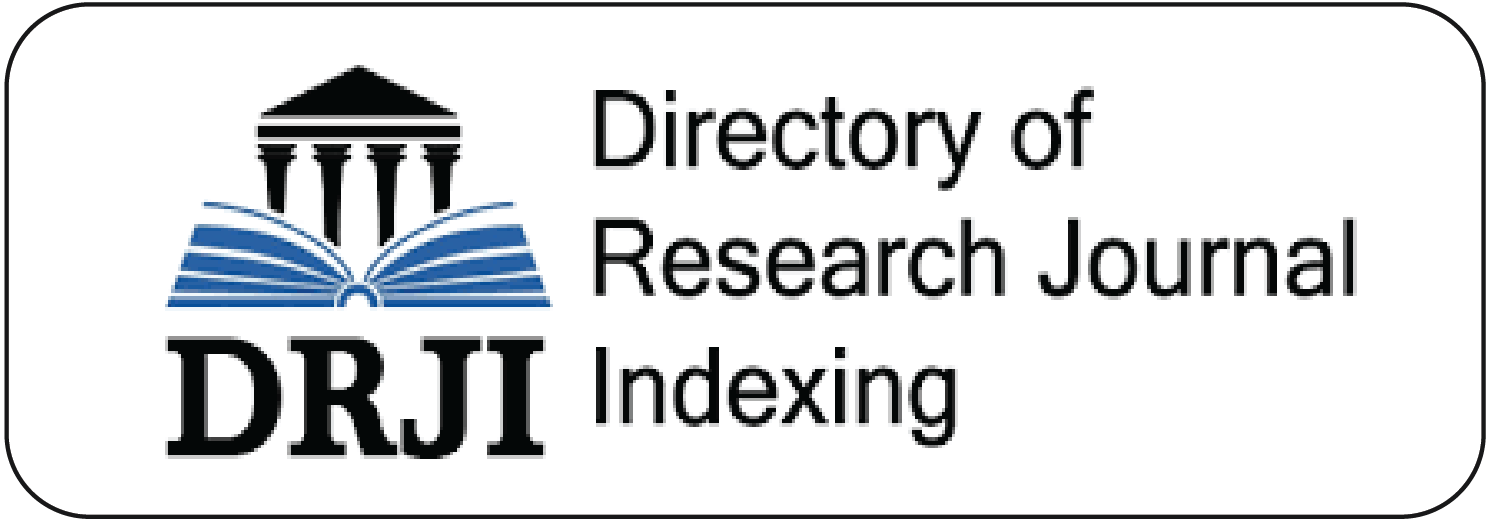Efficiency Analysis of Indonesian Zakat Institutions at the Provincial Level
DOI:
https://doi.org/10.51377/azjaf.vol6no2.208Keywords:
Efficient, BAZNAS, Province, Data Envelopment AnalysisAbstract
This research aims to evaluate the efficiency of the National Zakat Agency (BAZNAS) at the provincial level in Indonesia. The study utilizes data from seven provincial BAZNAS offices that issued financial reports during the period of 2020-2022. Data Envelopment Analysis (DEA) with a production approach is adopted as a research method. The input variables include personnel costs, operational costs, and total assets, while the output variables encompass the costs of zakat collection and the costs of zakat distribution of zakat. The research findings highlight significant variations in efficiency levels among provinces. DKI Jakarta and DI Yogyakarta provinces stand out with the highest efficiency scores, while Bengkulu, and Sumatera Utara show lower efficiency. These findings are crucial as they indicate opportunities to enhance zakat management efficiency in several provinces, emphasizing the importance of efficient zakat management in poverty alleviation efforts. The implications of this research are highly relevant for policymakers and stakeholders in optimizing zakat collection and utilization. This research makes a unique contribution by identifying efficiency variations among provinces and offering recommendations for provinces with low efficiency to adopt best practices from more efficient provinces.
Downloads
Downloads
Published
How to Cite
Issue
Section
License
Copyright (c) 2025 Deni Prayuda, Nashr Akbar

This work is licensed under a Creative Commons Attribution-NonCommercial-NoDerivatives 4.0 International License.





















